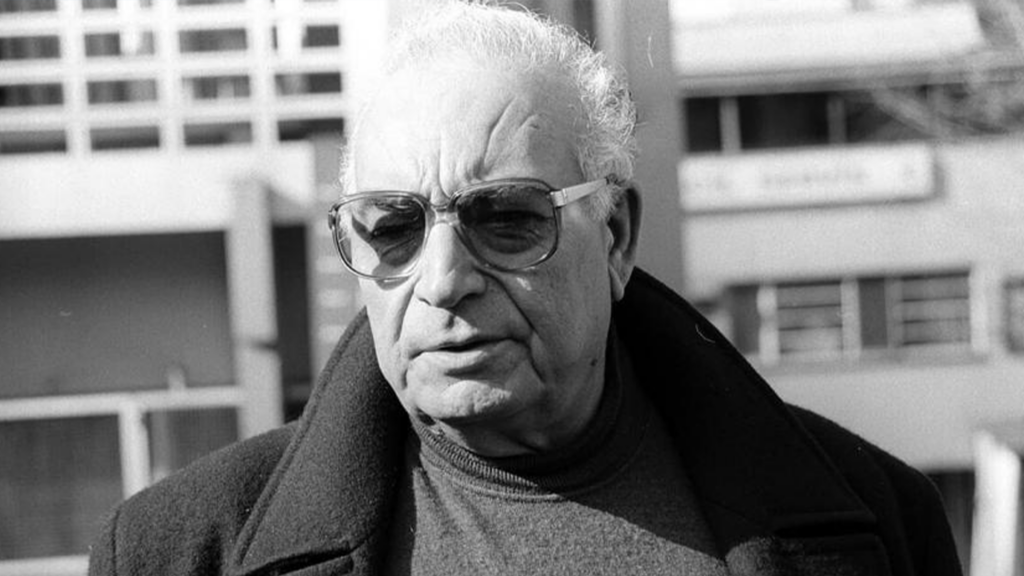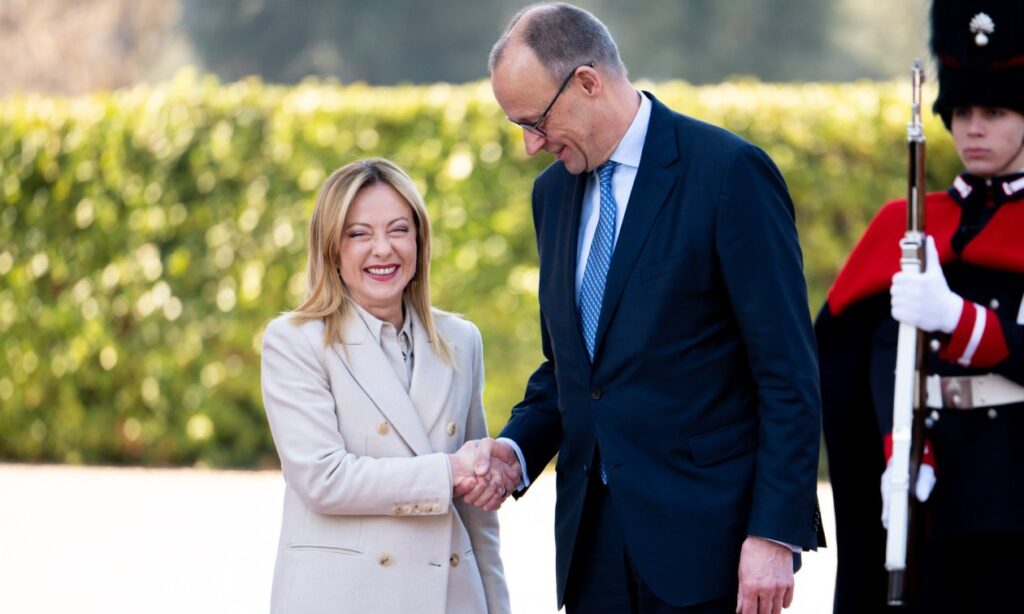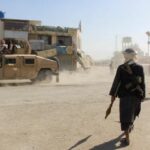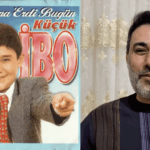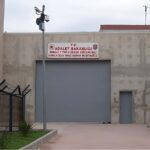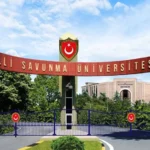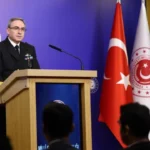Oral Çalışlar
The Turkish original of this article was published as PKK’nın alanı genişleyince HDP’ninki daralıyor on 15th September 2015.
The HDP and the PKK are two organizations that rest on the same sociological bedrock. There is virtually no need to describe their connections at great length.
Of course, the following comparison is possible: Historically speaking, the PKK represents an older initiative that is the product of a longer process. The HDP, however, as well as the other Kurdish parties that preceded it but were closed down, have represented a somewhat different historical mission. Founded to solve “the question” through violence and force of arms, the PKK has made it to this day. The HDP, on the other hand, is trying to put another tradition of legal and legitimate politics on its feet.
As Turkey has more and more initiated new departures over the Kurdish question, that is to say with the creation of a broadening platform, new paths and opportunities have opened up for the HDP. This political movement had previously been subjected to great repression, and had therefore been encountering major obstacles and difficulties. But as the terrain has changed and evolved, it has been able to keep expanding its sphere of legitimacy.
7th June was a turning point
With the 7th June elections, the HDP attained an outreach capable of surpassing the PKK’s zones of influence. It succeeded in appealing to a broad base. This achievement could have further contributed to the possibility of solving the question within a lawful framework and to the exclusion of violence. This, indeed, was one of the foremost demands of the masses that voted for the HDP.
With 80 deputies, the HDP had become Turkey’s third biggest party. But then the PKK got going and landed the HDP in an impossible situation. Very quickly, we found ourselves at a point where a lot of centers that the HDP had hugely carried in the elections were in a sense appropriated by the PKK.
There are some profound emotional, political and psychological ties between the PKK and the HDP. Furthermore, the PKK is still effective and decisive. But now the HDP has also become a “fact of life.”
The HDP’s significance
If the solution is going to be internal to Turkey and is going to entail a non-violent path, the existence of the HDP surely constitutes a meaningful value. Yes, “de-militarizing the question” is not something that the HDP can decide. But as the process deepens and the sphere of legal politics grows stronger, new equations are going to arise. We can already see hints of how this might develop.
If we carefully go through all the statements made by HDP co-chair Selâhattin Demirtaş since the onset of the armed clashes, including his calls for “the guns to go silent,” it is possible to note both an interesting parting of ways [between the HDP and the PKK], and also to arrive at the very opposite conclusion [that there is no such difference].
Demirtaş has called more than once for the PKK “to lay down its arms without any if’s or but’s.” These calls have been variously reacted against. The HDP’s statements to the effect that “the state, too, should stop” have also been with reactions from other circles.
The two sides of a solution
Throughout the election campaign, the HDP took Tayyip Erdoğan as its principal target and enemy, and after 7th June it further proclaimed that “the AKP is the one party with which we cannot have a coalition.” This has elicited diverse comments, and will continue to do so.
It is worth remembering that one of the parties to the Solution Process was the government. Those that took the greatest risks were Tayyip Erdoğan and of course Abdullah Öcalan.
For the Demirtaş-led HDP to target the AKP as its “principal enemy” was at odds with the spirit of the Solution Process.
Nevertheless, the HDP retains its key position and role in the search for a solution. Of course, it is possible that the PKK, too, may change its outlook in time, and become more inclined to a peaceful solution. Bu even then, the HDP is going to be an asset for the Solution Process.
I regard as important what Demirtaş recently said in Diyarbakır’s Sur county:
“ (…) Negotiation is the road leading to a solution. We cannot accept war and conflict; we don’t think it is right. If we were really to believe that there is nothing to be gained through human effort, we would not be in parliament. “There are no ways and means at hand,” we would say, and withdraw from parliament. But we together with our people are ways and means, and this potential should not be blocked or obstructed. Our messages do have to be taken into account, to be seriously evaluated, and to be responded to. This is the voice and the sentiment of the people. What I am expressing is not just the opinion of Selâhattin Demirtaş but of millions.”
In conclusion, we should not be closing the door on a solution, and keep looking for ways of transcending this environment of violence.
Medical report on Abdullah Demirbaş
For some time now, my friend Abdullah Demirbaş, the former mayor of Diyarbakır’s Sur county, has been under arrest in prison. His earlier ailment has recurred. I have received a short letter from his daughter Ezgi Demirbaş: “I am aware that right now the situation is very bad and the agenda full of other things, with people in mourning every day, but my father’s situation is growing worse and worse. As of last night, he had to be hospitalized, his lawyer says, and the outlook is quite bad according to the doctors. Please we are looking for your support.”
Yazıyı beğendiysen, patronumuz olur musun?
Evet, çok ciddi bir teklif bu. Patronumuz yok. Sahibimiz kar amacı gütmeyen bir dernek. Bizi okuyorsan, memnunsan ve devam etmesini istiyorsan, artık boş olan patron koltuğuna geçmen lazım.
Serbestiyet; Türkiye'nin gri alanı. Siyah ve beyazlar içinde bu gri alanı korumalıyız. Herkese bir gün gri alanlar lazım olur.




